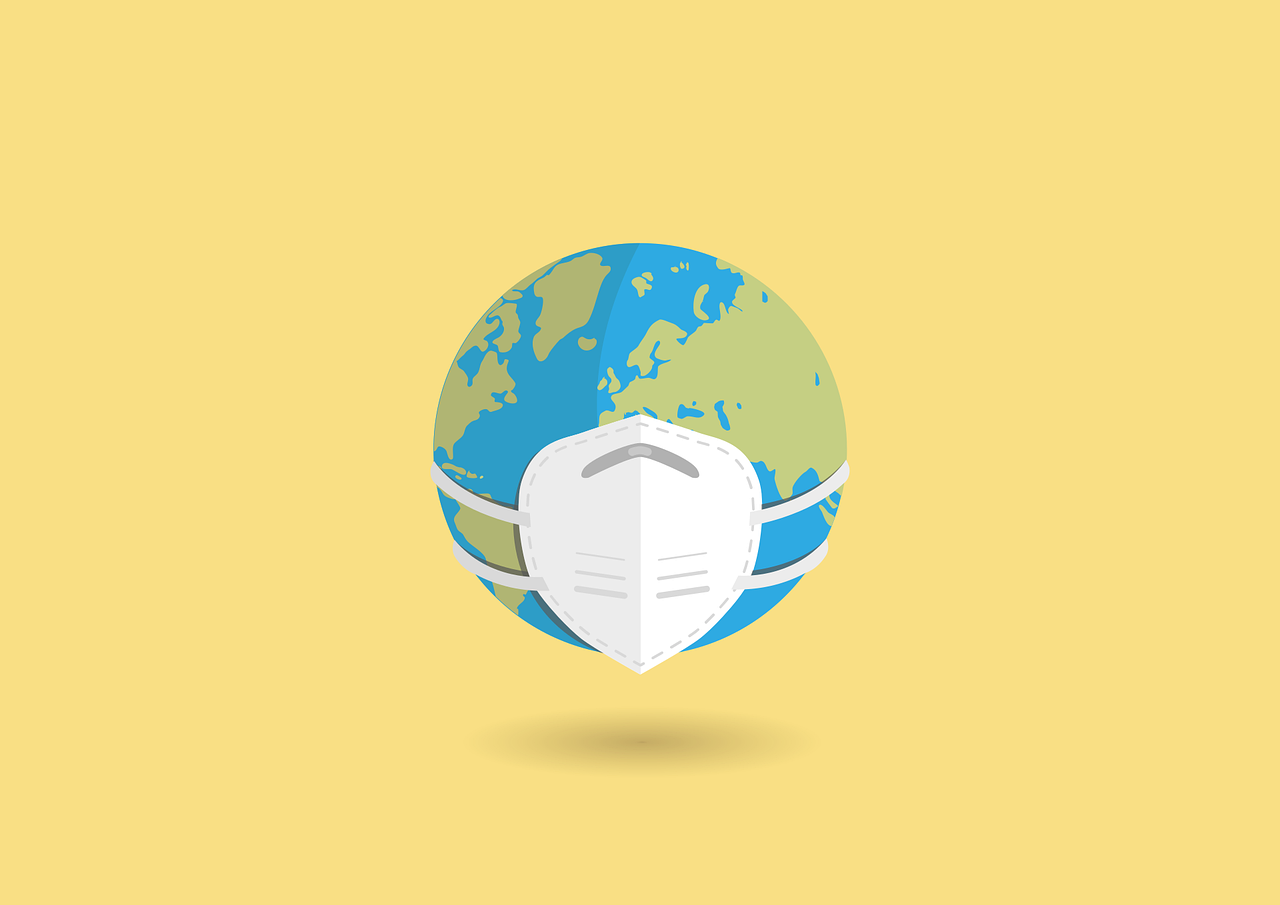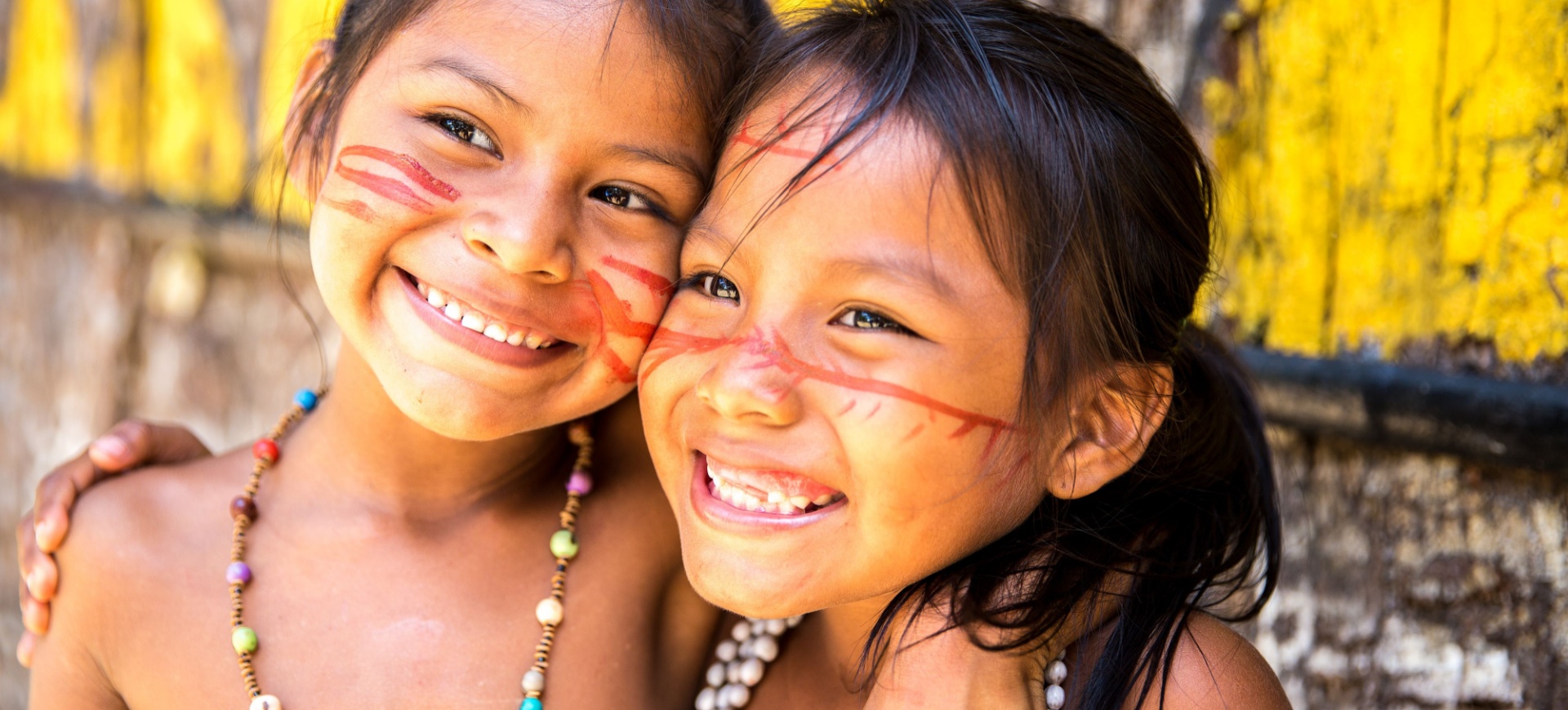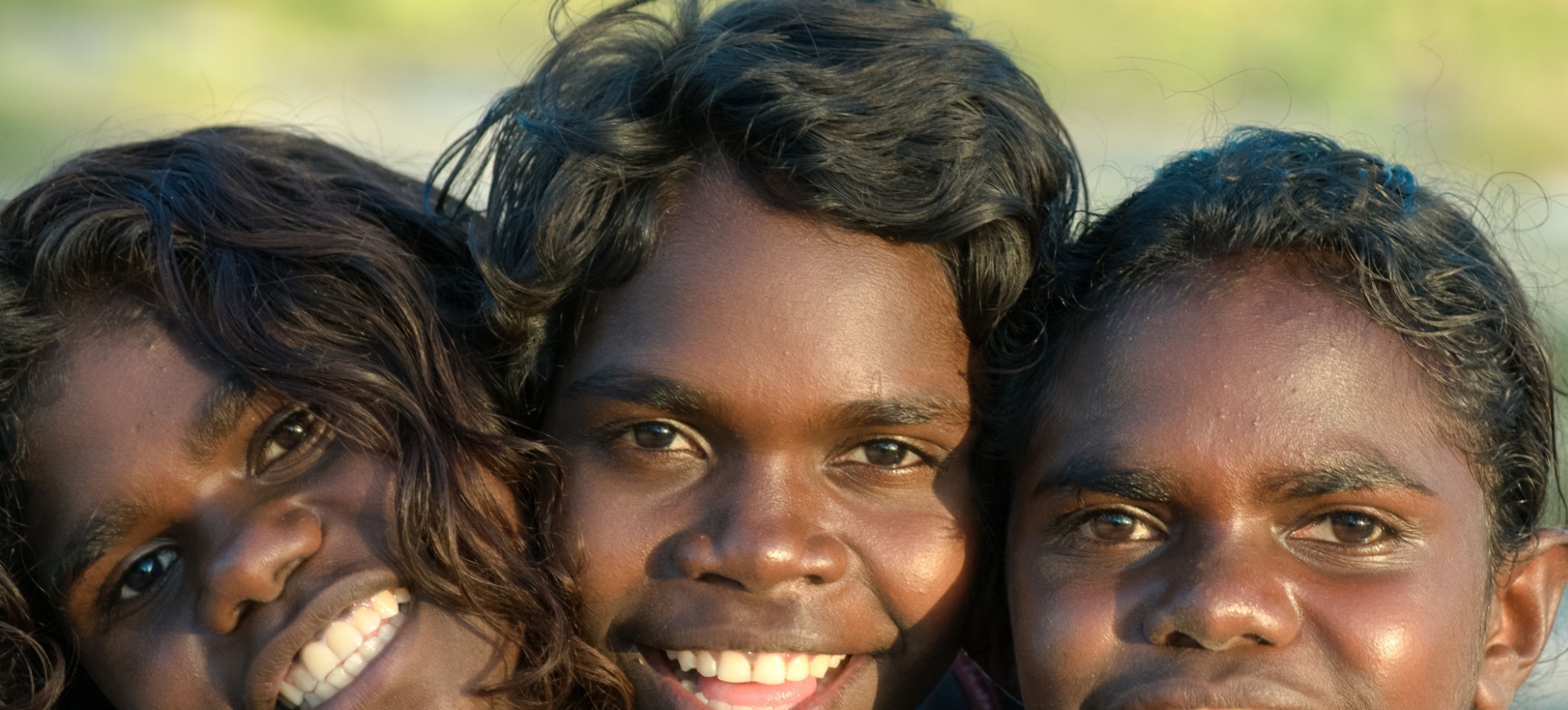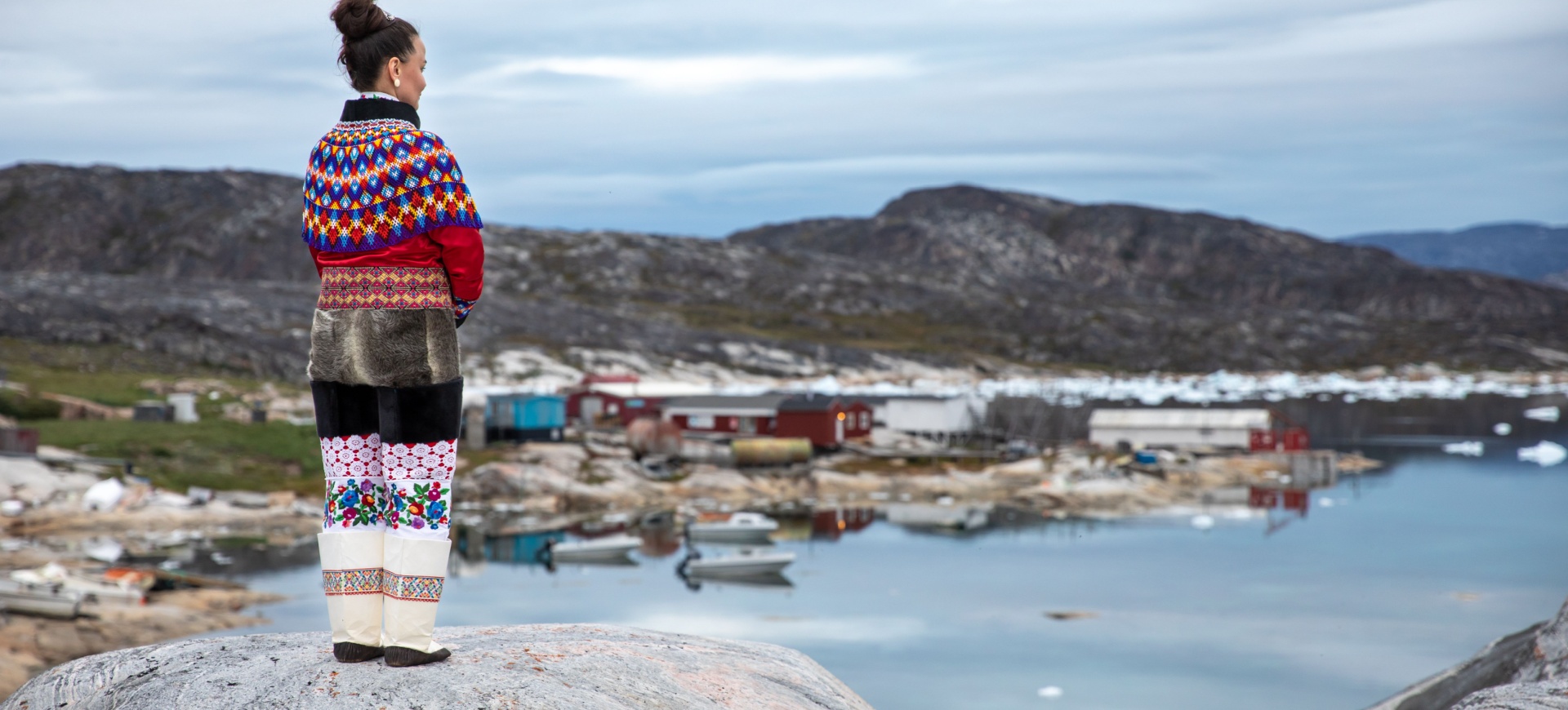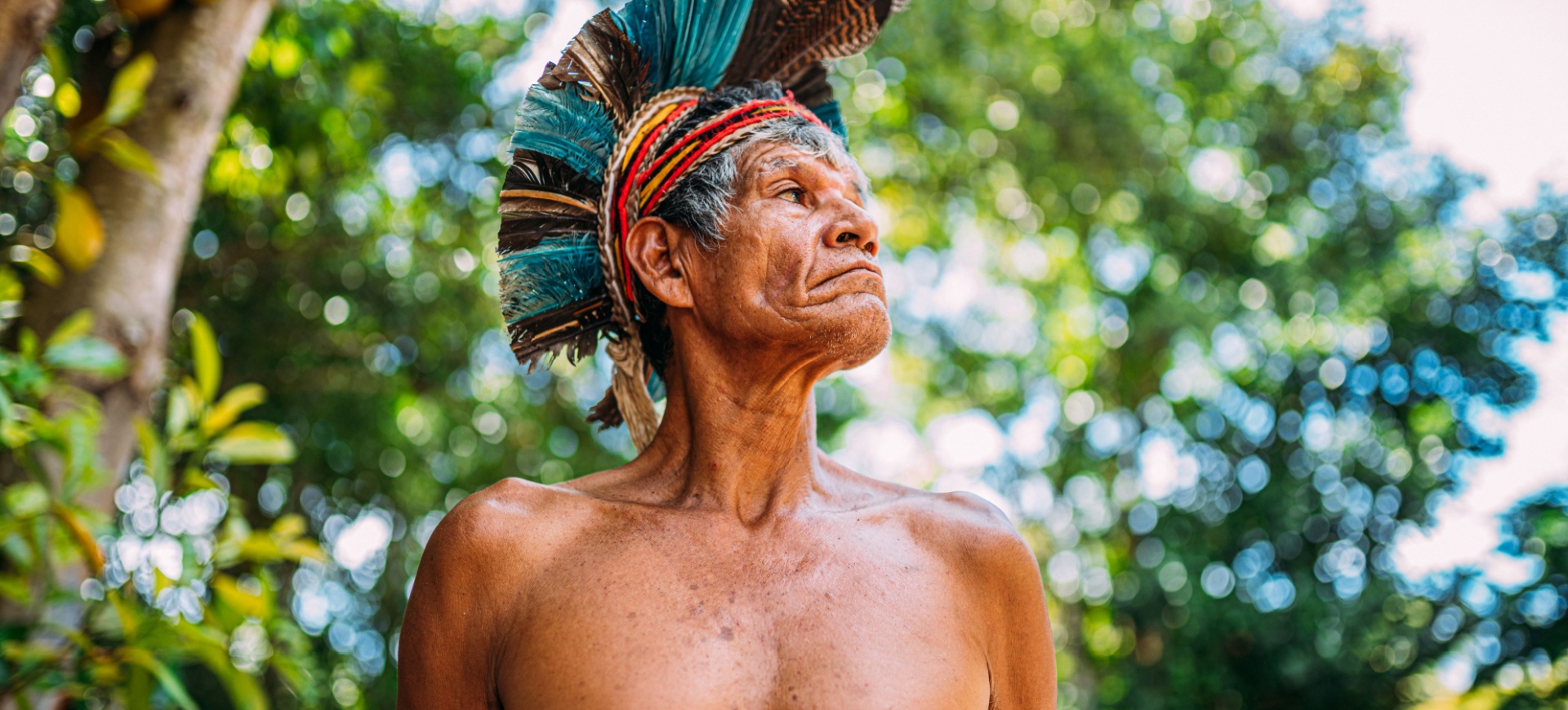Tomorrow’s world
Global challenges that we could previously barely imagine have emerged and taken hold, propelling us into a tomorrow of science, technology and innovation. The right response means better lives and livelihoods for people everywhere
As a cornerstone of human development, the health sector is a priority area for the Islamic Development Bank. To this end, the IsDB Group has approved more than 739 operations, for a total of $4.62 billion, for programmes in the health sector since its inception. Traditionally, we have focused on preventing and controlling both communicable and non-communicable diseases, improving access to and the quality of healthcare services and reducing financial barriers to access available resources.
Part of this work has included establishing a series of funds: the $2.5 billion Lives and Livelihoods Fund provides concessional financing to the 30 least developed countries in the IsDB’s membership. The One Wash Fund, in partnership with the International Federation of Red Cross and Red Crescent Societies, aims to mobilise $150 million and is dedicated to combating cholera and other diarrhoea diseases in our member countries – and we have already identified project pipelines in 29 countries for the fund. The Global Muslim Philanthropy Fund for Children, established with UNICEF, supports projects in education, health and water sanitation, hygiene, nutrition and the empowerment of young people – 90% of the fund’s resources will be allocated to least developed countries, with the aim of harnessing Islamic zakat and sadaqah.
Recently, we joined forces with the International Atomic Energy Association to launch the multi-donor partnership initiative to increase access to diagnostics and treatment of women’s cancers in low- and middle-income countries, with an expected fund volume of $46 million for the first phase.
Furthermore, we are developing the Vaccine Alliance for Production and Immunization Programme with support from global health partners to assist IsDB members develop their own capacity for vaccine production and access to quality and affordable vaccines. We are also leading the Alliance to Fight Avoidable Blindness, which aims to put an end to avoidable blindness in 13 African member countries.
However, COVID-19 is a global crisis that is forcing us to confront new challenges. The pandemic affects human health as well as economies worldwide. The transcontinental nature of pandemics demands common solutions from all countries of the world. One consequence will be the hindrance of many countries’ efforts to achieve the Sustainable Development Goals. The pandemic will have unprecedented adverse effects on the overall development of IsDB members. In response, SDG 3 on good health and well-being must be emphasised. The economic repercussions, albeit crucial, are only symptoms or consequences of the disease. This situation has been addressed by the G20 with a number of decisions, including those that support the World Health Organization and address economic repercussions, because we have seen that health systems were not prepared, and indeed were weak in many countries.
Tracks to recovery
The IsDB Group has launched a $2.3 billion aid package for member countries and Muslim communities in non-member countries. It includes three tracks: addressing the pandemic, recovering from it and resuming normal life, with aid covering the immediate short, medium and long terms. The direct support for the health sector represents 68% of the total funding and is coordinated with global partners, including global financial institutions such as the World Bank and the African Development Bank, the IFRC and United Nations agencies including WHO, UNICEF, the UN Development Programme and the World Food Programme.
We have long believed that science, technology and innovation, coupled with a commitment to support investment in human capital, are key enablers for sustainable socio-economic development. They drive economic growth, job creation, and the search for solutions to development issues around the world.
We are applying this same belief in the power of science, technology and innovation in our approach to health issues, and in our approach to COVID-19.
As part of our commitment, IsDB has created a dedicated unit to leverage the power of science, technology and innovation, providing incentives for the development of new technologies and solutions, while encouraging research and innovation. A science and technology fund launched by IsDB assists in strengthening activities in our members: hosted on our online hub ‘Engage’, the Transform Fund supports projects that work towards the achievement of the SDGs.
To help tackle the pandemic, our latest ‘call for innovation’ has challenged scientists, innovators, research centres, universities and entrepreneurs to present projects that address the pandemic and mitigate its economic and social repercussions, using fourth industrial revolution technologies such as blockchain, artificial intelligence, big data, robots and 3D printing. The critical challenge is to create a vaccine for the virus and to support health systems in safeguarding lives.
We are taking a holistic view in the medium and long term: the solutions we provide must accommodate priorities beyond the immediate emergency response to the health sector.
The pandemic has provided the opportunity to replace the old systems with something new, something better. Fragile economies and health systems can be rebuilt on more sustainable principles.
We can proactively invest in creating and strengthening institutions that prevent crisis. We can coordinate scientific and technological responses and research and development activities to steer them towards public good. That means using funding to restart a new economy and leveraging science and technology to prevent disrupting global value chains in such pandemics, while maintaining a zero environmental footprint.
Health is the foundation upon which any developing economy must be built. We have been presented with challenges that many of us could barely imagine previously. But I am optimistic. COVID-19 has propelled the world into tomorrow. Tomorrow means science, technology and innovation – which save time, effort and resources, and translate into better lives and livelihoods for all people.
